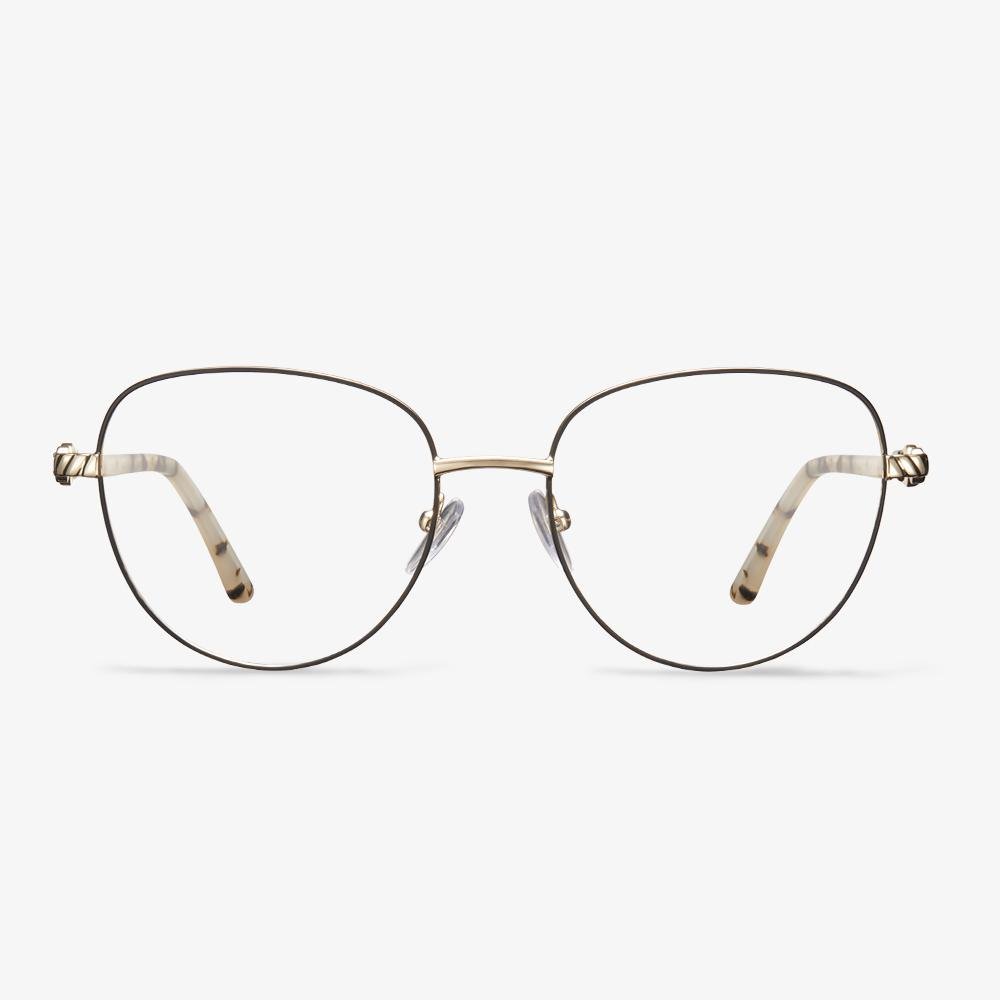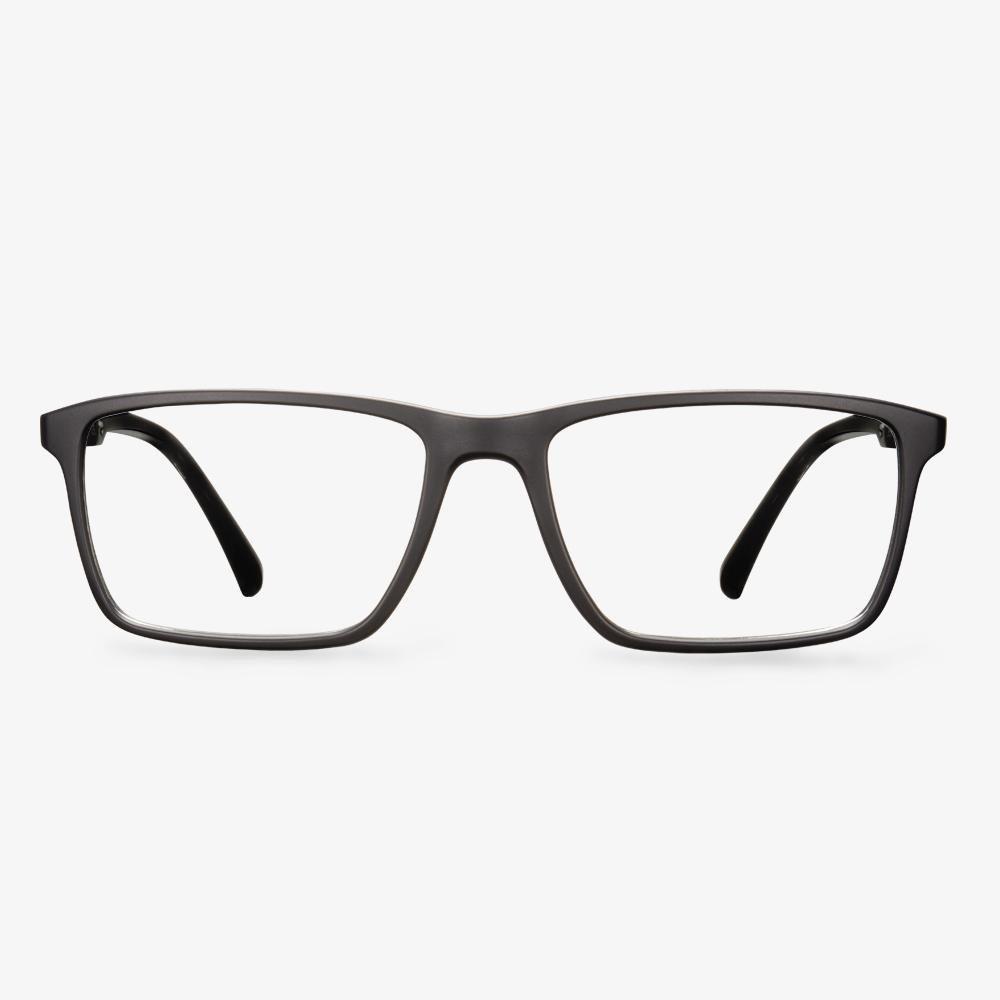If you wear prescription glasses for many years , you might have noticed that as the prescription number increases, the lenses tend to get thicker. This phenomenon can be puzzling, especially if you're not familiar with the science behind it. In this article, we'll explore the reasons why optical glasses become thicker as the prescription number goes up.
Understanding the Prescription Number
Before delving into why glasses become thicker with higher prescription numbers, it's essential to understand what the prescription number represents. In eyeglasses, the prescription number is a measurement of refractive error, typically expressed in diopters (D). It indicates how much correction is needed to bring your vision to a normal, or 20/20, level.
1. Increased Curvature
One of the primary reasons for thicker lenses with higher prescription numbers is the increased curvature required to correct more significant refractive errors. When you have nearsightedness (myopia) or farsightedness (hyperopia), your lenses must bend light to focus it correctly on your retina.
-
Nearsightedness (Myopia): In myopia, the eye's focus point falls in front of the retina. To correct this, concave lenses are used. These lenses are thinner at the center and thicker at the edges, causing an increase in lens thickness, especially in higher prescription numbers.
-
Farsightedness (Hyperopia): Hyperopia occurs when the eye's focus point falls behind the retina. Convex lenses are used to shift the focus point forward. These lenses become thicker at the center, contributing to overall thickness in higher prescriptions.
2. Astigmatism
Astigmatism, which can occur along with myopia or hyperopia, further adds to lens thickness. Astigmatism is caused by an irregularly shaped cornea or lens, which leads to distorted vision. Correcting astigmatism requires specialized cylindrical lenses, which can add thickness to the overall lens.
3. Lens Material
The material from which the lenses are made can also influence their thickness. High-index lens materials are designed to bend light more efficiently, allowing for thinner lenses. These materials are particularly beneficial for individuals with high prescription numbers, as they can significantly reduce lens thickness and overall weight.
4. Frame Choice
The size and shape of your eyeglass frames can affect the thickness of your lenses. Larger frames may accommodate thicker lenses more comfortably, while smaller frames might not provide enough space for thicker lenses without compromising aesthetics and comfort.
5. Edge Thickness
Another factor that contributes to lens thickness is the edge thickness, especially for strong prescriptions. The edge of a lens may become considerably thicker due to the curvature required to correct vision, which can be particularly noticeable in certain frame styles.
6. Optician's Expertise
The expertise of the optician who crafts your lenses also plays a role. Experienced opticians can minimize lens thickness by selecting appropriate lens materials, coatings, and frame styles tailored to your prescription and lifestyle.
In summary, optical glasses become thicker as the prescription number increases due to the need for increased lens curvature to correct refractive errors like myopia and hyperopia, the presence of astigmatism, the choice of lens material, the frame style, and the expertise of the optician. Advances in lens technology, such as high-index materials, have helped reduce lens thickness for those with higher prescriptions, making glasses more comfortable and aesthetically pleasing. If you have concerns about lens thickness, discussing your options with an experienced eye care professional can help you find the best solution for your visual needs and style preferences.





































